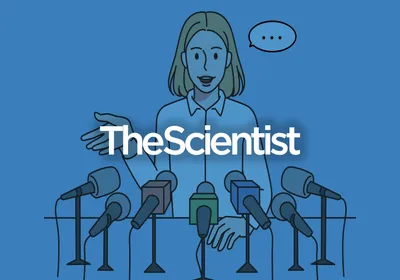 FLICKR, JJACKOWSKIAsk a scientist—any scientist—what irks them most about publishing and they are sure to mention peer review. The process has been blamed for everything from slowing down the communication of new discoveries to introducing woeful biases to the literature. Perhaps most troubling is that few believe peer review is capable of accomplishing what it purports to do—ensuring the quality of published science.
FLICKR, JJACKOWSKIAsk a scientist—any scientist—what irks them most about publishing and they are sure to mention peer review. The process has been blamed for everything from slowing down the communication of new discoveries to introducing woeful biases to the literature. Perhaps most troubling is that few believe peer review is capable of accomplishing what it purports to do—ensuring the quality of published science.
Indeed, several studies have shown that, in actuality, peer review does not elevate the quality of published science and that many published research findings are later shown to be false. In response, a growing number of scientists are working to impose a new vision of the scientific process through post-publication review, the process of critiquing science after it has become part of the literature.
Reviewing published work is, of course, nothing new. Scientists have always been welcome to publish contradictory findings, for example, contact the papers’ authors directly, or write a letter to the journal’s editor. However, because all are lengthy processes that likely will never be heard or seen by the majority of scientists, most scientists do not participate in formal reviews.
A small ...

















